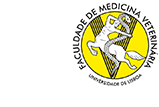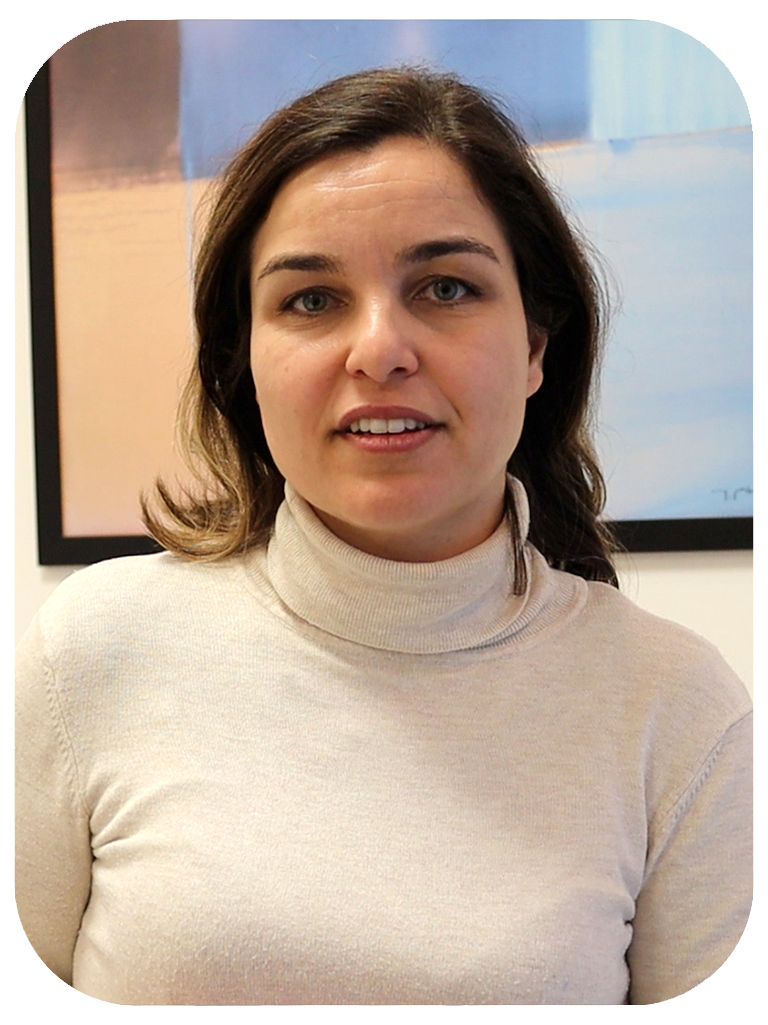19th EDITION // 2026|2028
The Master in Food Safety (MSA) are entitled to exercise a professional activity in the field of procurement systems in food markets with special emphasis on the respective evaluation procedures and quality management, nutrition and safety. This course prepare and develop skills to work in multidisciplinary environments, having as central axis scientific and technical frameworks, legislative and regulatory, applicable to the production, processing and distribution of food.
In our times “Food Security and Safety”, alike ongoing global climate change, is one of the biggest challenges to human survival: without access to safe, nutritious and healthy food in adequate amounts, the progress of mankind is threatened. The concept of Food Security, recognized by FAO, is complex and multifactorial. It not only comprises the physical, social and economic access to food, by everyone at any time in sufficient amounts, but also the safety and nutrient suitability regarded as necessary for a healthy and active life. Participation in this scenario requires a multidisciplinary approach, based on scientific, technic and legal frameworks applicable to the production, transformation and distribution of food, in order to protect the interests of consumers and the Public Health.
Public Notice - Master in Food Safety
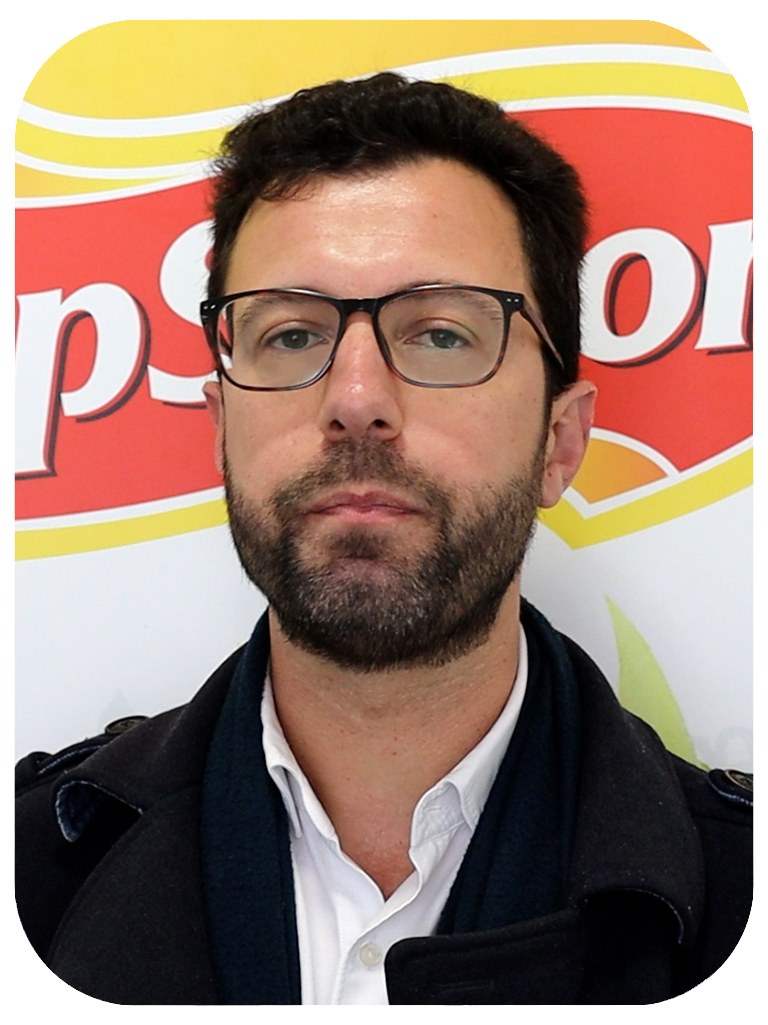 |
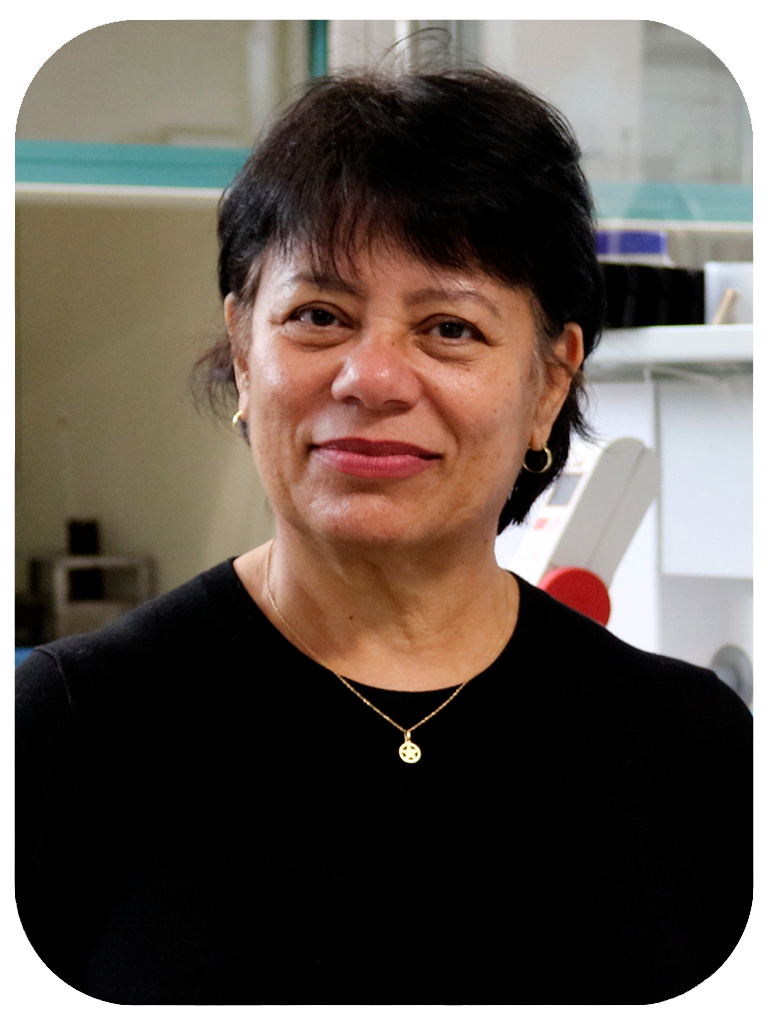 |
|
|
"...I needed to leave the factory floor, the professional environment, and ask myself again why I was doing what I was doing, why I was acting in a certain way, why I was doing that job.... ... The teaching staff is really enlightening. They have a lot of practical know-how that, combined with a very strong technical component, allows us to better understand the technical component and integrate it or translate it into our daily lives."... You'll leave well prepared and with new motivation!" Ana Oliveira, 27 years old
(Food Engineer / Kilom / 15th Edition MSA) |
“... I strategically wanted to deepen my knowledge in this area, so that I could help internally with our treatments and also at the strategic level of the company, namely in FSSC 22000 certification.” "... It is a very interesting and comprehensive course... I highly recommend it to anyone interested in the field, because it covers everything from research to primary production to processing industries and even consulting. Everything related to food safety. It's a course that's well worth taking!"
|
“I was very well received by the University of Lisbon, by the Faculty of Veterinary Medicine... It brought me a much broader perspective. More than I imagined, the Master's in Food Safety opened up new career possibilities and is a Master's where you acquire new knowledge." We had several professors from various fields, because it is a very comprehensive Master's degree..."
|
Master's in Food Safety (MSA) Merit Award
In addition to the numerous reference partnerships created within the curriculum, the FMV's MSA is boosting its potential by looking ahead to future editions, thus establishing the Master's Degree in Food Safety Merit Award as a differentiating, motivating and, above all, recognising element in the merit of its students.
The award is aimed at all students enrolled and registered in the MSA.
The value of the prize is equal to the annual tuition fee set for this cycle of studies. In other words, if you fulfil the highest requirements, you can do one year of the Master's degree for free!
Come and study with us.
For more information see the Regulations
Objectives
The Master study programme in Food Safety (MFS) aims to assure a high-level training in the agri-food area, based on technical knowledge and sustained by scientific investigation, innovation and development. Accordingly, it is intended that the students of the Master’s programme acquire the following capabilities:
- To carry out functions in the area of food quality, especially in food safety;
- To join in multidisciplinary professional teams;
- To communicate with technicians and other staff of the food sector with different educational backgrounds and levels of knowledge;
- To understand and to analyze the issues associated with the production and transformation of food which influence its safety and quality;
- To plan, implement and validate food safety pro-active systems;
- To apply technological and management options and restrictions in order to attain determined levels of quality set by food producing organizations;
- To identify, analyze and evaluate safety and quality problems in a food producing organization according to national and community legal requirements;
- To assess and improve quality control and safety processes taking in to account environmental management issues;
Consequently, the Post graduate in Food Safety or the Master in Food Safety will be fit to practice professional activity in the field of food provisioning systems to the market, with a special emphasis on quality evaluation and management, nutrition and safety procedures.
The Master Science program provides specialised scientific training, allowing for an up to date and efficient, professional intervention capability. Holders of the Master of Food Safety degree will be qualified to perform the professional activity in the area of food production, processing, preservation and distribution, with special emphasis on food safety.
APCER Partnership
With this partnership, the Master's in Food Safety (MSA) once again reinforces its commitment to constant improvement for all students and assumes greater responsibility and trust in society.
By continually complying with the highest quality requirements, in order to ensure the constant improvement of the teaching provided with great practical application in the working world of the Agro-industry, it is considered important to provide valuable tools, so the possibility of students being able to add to the Master's degree in Food Safety the certification of internal auditors for the ISO 9001:2015 Quality Management System and ISO22000:2018 Food Safety System increases their range of skills, with greater guarantee of employability.
In our Master's programme, skills range from the meadow to the plate, always satisfying consumer expectations as designated in the Quality and Food Safety Management Systems - Quality Management System (ISO9001:2015) and Food Safety Management System (ISO22000:2018).
MSA students as Internal Auditors
With the partnership of APCER and the respective recognition of the quality of teaching at FMV-ULisboa's Master's in Food Safety, our students acquire the necessary skills during the curricular phase to apply for certification as Internal Auditors for the ISO9001:2015 and ISO22000:2018 standards.
Partner Institutions
In order to provide the best support and know-how, we work with the best partners.
Thus we raise our level and yours to the highest quality standards so that when you apply your knowledge, you can do so properly aware and trained.
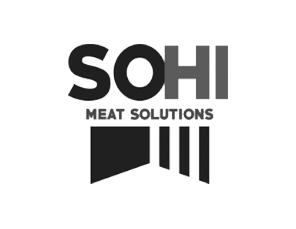
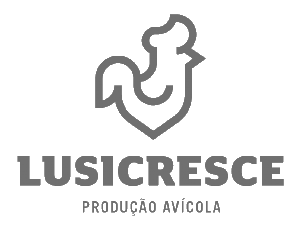
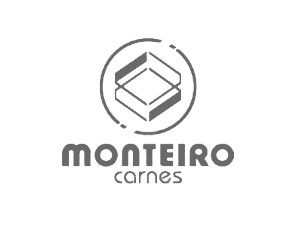
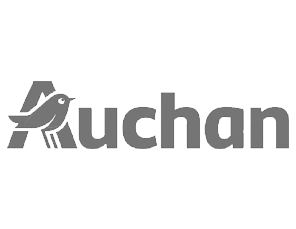

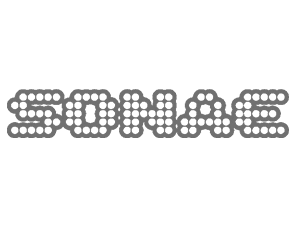
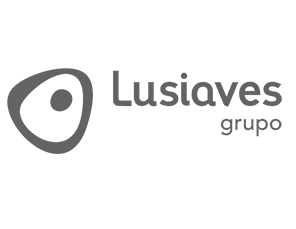
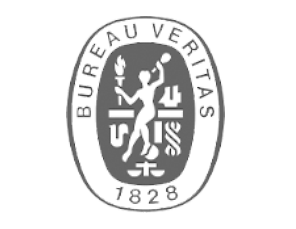
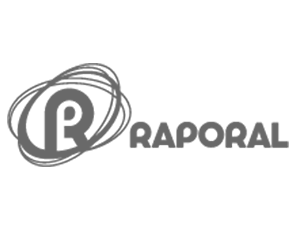
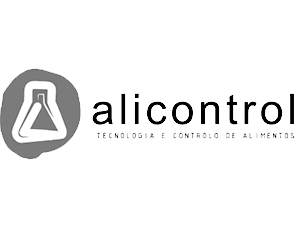

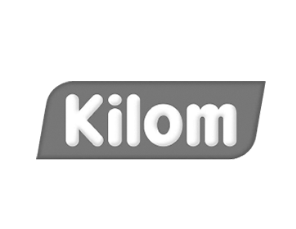
Requirements
The provisions of this call apply to:
- Holders of a bachelor/master science degree, or legal equivalent, in the areas of Veterinary, Agricultural, Biological or Engineering sciences;
- Holders of a foreign higher education degree on veterinary sciences, agriculture sciences or biological sciences, conferred following a 1st cycle of studies organised following the principles of the Bologna process by countries adhering to this process;
- Holders of a foreign higher education degree, in the fields of veterinary, agricultural, biological or related sciences, recognised as meeting the objectives of the Master degree by the scientific committee of the study cycle;
- The professionals of Food Production, Processing, Preservation, Distribution and Trading sectors with an academic, scientific or professional curriculum, which demonstrates the ability to undertake the study program.
The legal equivalences are considered to be the degrees recognized under Decree-Law No. 66/2018 of 16 August, as well as degrees that have been recognized or considered equivalent under previous legislation.
Application Process information
ONLINE Application Portal (for new students)
Application Support Manual (.pdf) (PT)
Select according to your current situation:
- If the applicant already has a FMV-ULisboa FenixEdu account or a Campus@Ulisboa account, with a student or ex-student record at FMV-ULisboa, access Fenix and login: https://fenix.fmv.ulisboa.pt/login
- If the applicant does not have an account on FMV-ULisboa FenixEdu, one must be created at: https://fenix.fmv.ulisboa.pt/accountCreation
- If the applicant has applied in previous years with local accounts or if the account password was forgotten, the applicant must recover their credentials on the link above in the “Credentials Recovery” section; https//utilizadores.campus.ulisboa.pt
- If the applicant has a Campus account and a FMV student or ex-student record and needs to recover their password or username, the applicant must access the user webpage and on the Authentication menu must choose the option “Recover Access”: https//utilizadores.campus.ulisboa.pt/ULUsersApp/login
NOTICE
A non-refundable application fee of €100 must be paid (except in the event that the Master's programme does not take place).
- For applicants resident in Portugal, with a bank account in Portugal, you may pay the application fee via the ATM - Payment of Services, using for this purpose the ATM reference (SIBS) generated on the online application platform.
- Students who want to pay outside Portugal should make their payment by Bank Transfer*.
IBAN: PT50 0035 0011 0000 6924 4309 4
SWIFT CODE/BIC: CGDIPTPL
* You must submit proof of the bank transfer with your application.
Applications for admission to the MSA 2026/2028 course (19th Edition) will take place in 2 phases:
|
1st Phase National, Communitary (EU) and International Students
|
2nd Phase Exclusively for Communitary (EU) and National Students |
Public notice (.pdf)
Applications must be made online via FMV-ULisboa's FenixEdu account, with the obligatory submission of all the documents mentioned in the Public Notice. Applications that do not comply with the provisions of the Public Notice will be excluded.
Documents:
- Identification document (Citizen Card, Identification Card, Passport, Residence title/permit);
- Photocopy of the official document containing tax identification number (if applicable);
- Certificate of academic degree;
- Document proving the rating scale used in the country of origin (if applicable);
- Curriculum vitae
The document referred to in point (c), and in the case of certificates obtained in non-Community countries, shall be endorsed by the consular office or presented with the affixing of The Hague Apostille by the competent authority of the State from which the document originates and, when not Portuguese, English, French or Spanish, must be translated into one of these languages.
Applicants must also prove adequate language skills to attend the course (mastery of Portuguese).
Further information
Students can obtain information and clarification from the course secretariat via email (msa@fmv.ulisboa.pt), or from the FMV's Academic Office via email at divacademica@fmv.ulisboa.pt.
Legislation
Order no. 7539/2019 of 20 August - Regulation of the Master's Degree in Food Safety (PT)
Organisation and timetable
The MSA course lasts 4 semesters (2 years) and comprises a total of 120 European transfer credits (ECTS). It consists of a curricular part of 60 ECTS and a dissertation of 60 ECTS.
The curricular part (1st year) will be taught on Thursdays and Fridays between 6pm and 10pm and Saturdays between 9am and 1pm.
Vacancies
The number of vacancies assigned for the 2025/2027 Edition ranges between 15 (minimum) and 30 (maximum).
Study Plan
| Branch of knowledge | |
|---|---|
| 1st Semester | ECTS |
| Biosafety, Hygiene and Health Certification | 3,0 |
| Applied Statistics | 2,0 |
| Microbiology, Toxinfections and Food Toxicology | 6,5 |
| Primary Food Production | 4,0 |
| Food Chemistry and Biochemistry | 4,0 |
| Sustainability and Environmental Management | 2,5 |
| Food Technology | 5,0 |
| 2nd Semester | |
| Quality Control and Consumer Rights and Duties | 4,5 |
| Epidemiology and Risk Analysis Applied to Food Safety | 6,0 |
| Food and Process Innovation and Development | 4,0 |
| Proactive Food Safety Methods and Normative References | 6,5 |
| Nutrition and New Food Concepts | 4,0 |
| Food Safety in Restaurant Services | 2,0 |
| 3rd and 4th semesters | |
| Communication in Science [3rd Sem] | 1,0 |
| Curricular Internship and Dissertation | 59,0 |
| OPTIONAL curricular units | |
|---|---|
| 1st Semester | ECTS |
|
Internal Audit
|
1,5 |
|
Complementary Food Analysis
|
1,5 |
|
Biofilms in the Food Industry
|
1,5 |
|
Official Food Chain Control
|
1,5 |
|
Pest Control
|
1,5 |
|
Rapid Diagnosis Methods in Food Safety
|
1,5 |
|
Regulations Applied to the Agrifood Sector
|
1,5 |
|
Food labelling
|
1,5 |
|
Food Safety in the European Union
|
1,5 |
|
Food supplements
|
1,5 |
|
Valorisation and Differentiation of Animal Products
|
1,5 |
Tuition Fee
|
National / UE Students* |
International students** 2700 € | in 10 instalments |
Upon enrolment and registration, 20% of the total annual attendance fee (tuition) must be paid, plus the registration fee and school insurance.
- Payment of the annual attendance fee (tuition fee) can be made in 10 instalments
( * SEP 270€, OCT - JUN 120€) | ( ** SEP 540€, OCT - JUN 240€) - Upon enrollment and registration, 20% of the total annual attendance fee (tuition fee) must be paid, plus the registration fee and school insurance.
- Registration will only be considered as definite after the presentment of the original or certified copies of the documents proving the identification and qualifications considered in the application process.
Coordinators
Professor Maria João dos Ramos Fraqueza
Scientific Comittee
Prof. Rui José Branquinho de Bessa
Prof. Virgílio da Silva Almeida
Prof. Magda Alexandra Nobre Martins Aguiar de Andrade Fontes
Prof. Cristina Maria Riscado Pereira Mateus
Prof. João de Bettencourt Barcelos Cota

